ANN/THE STAR – Most scuba divers prefer Malaysia as a diving destination due to the country’s tremendous natural beauty and rich marine species.
Check out some of the interesting dive sites both in West and East Malaysia.
TIOMAN ISLAND
A popular destination for many Singaporeans, the island is located in Pahang, Tioman Island.
The island is also a marine park that has vibrant coral reefs and sea creatures like sharks and eels, and is surrounded by a lush tropical rainforest.
To get there, you can fly direct to the island (via a private or chartered flight), or drive to Mersing, Johor and jump on a two-and-a-half hour ferry ride to the island.
PERHENTIAN ISLAND
Perhentian Island in Terengganu offers quiet water currents and is ideal for a leisurely dive.
The island is home to a plethora of aquatic animals, including little crabs that reside on the muddy seafloor, making it a great location for “muck diving”.
Muck diving is the practise of swimming in water in search of macro creatures.
REDANG ISLAND
Another stunning island in Terengganu that is well-liked by both divers and non-divers alike is the Redang Island.
Redang Island is regarded as a top-notch diving location by some due to the astounding variety of marine life can be found around the island. You may see marine creatures like turtles, reef sharks, and whales on this island in the Terengganu Marine Park, really a natural marvel.
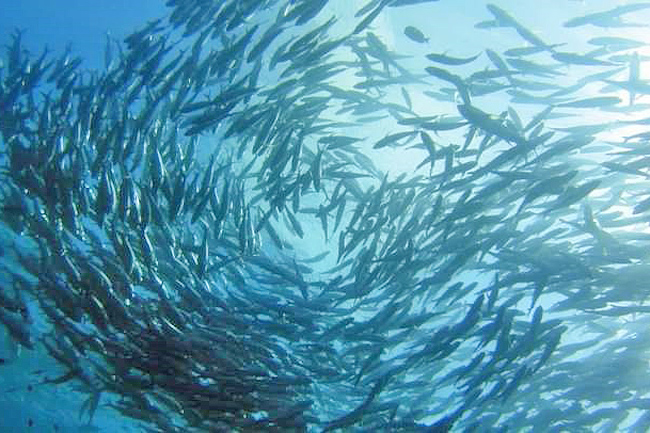
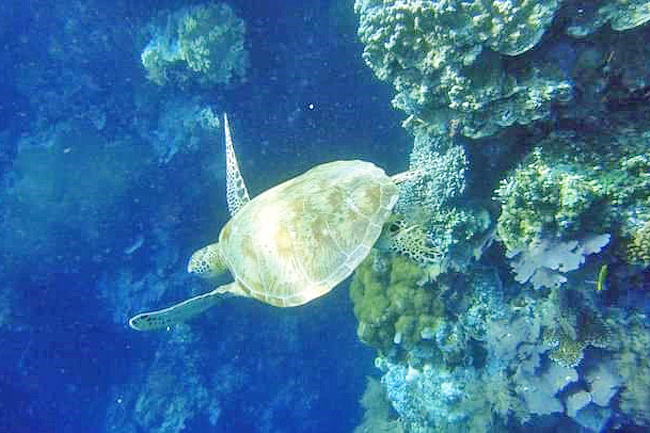
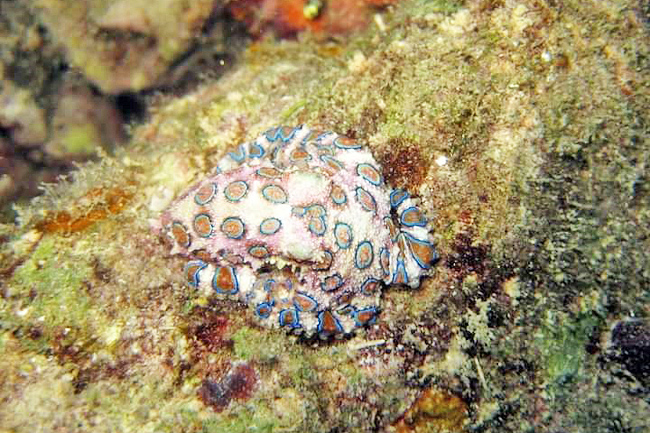
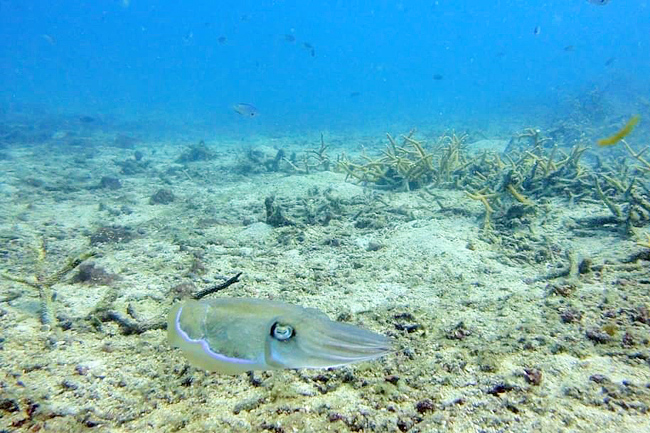
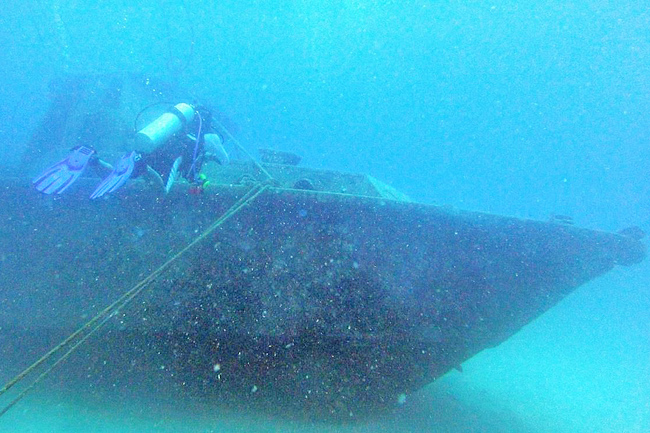
SIPADAN ISLAND
Sipadan Island in Sabah is regarded as an ecological paradise and also perhaps one of the well-sought after scuba diving destination in the world.
Sipadan Island is home to a wide variety of marine life, including whale sharks, barracuda, and bumphead parrotfish.
It is a very safe island, and soldiers are always on duty to safeguard it.
Divers get the opportunity to dive alongside enormous sea turtles and see schools of fish swimming in perfect harmony.
MABUL ISLAND
If you enjoy underwater photography, then head down to Mabul Island in Semporna, Sabah. Located not too far away from Sipadan Island, this island is renowned for its amazing biodiversity.
It is also a fishing village so there are a few locals living on the island.
Divers will get to see rare, magnificent aquatic beauties such as nudibranches as well as the elusive but poisonous blue-ringed octopus in the water.
KATORI MARU AND HIYOSHI MARU WRECKS
Sitting nearly 20 metres beneath the sea in Santubong, Sarawak are the Katori Maru and Hiyoshi Maru Wrecks – World War II Japanese battleships – which have become a home for various fish species like snapper and grouper. The shipwrecks were discovered in 2003.
According to the PADI (Professional Association of Diving Instructors) website, the Katori Maru and Hiyoshi Maru are among the most popular wrecks for diving in the country.
KENYALANG WRECK
Off the coast of Miri, Sarawak, you can find an old oil rig underwater that was sunk nearly two decades ago.
Today, this rig serves as an artificial reef, attracting a variety of marine species.
The Kenyalang Wreck or Tyre Wreck was the first oil rig to be transformed into a coral reef system in Miri. The rig has certainly garnered a lot of interest among divers, both local and international.
Coral reef ecosystems are an important part of the underwater environment, where one of the many benefits is creating a habitat for marine life, such as oysters, sea urchins, crabs and fish. – Gisele Soo


